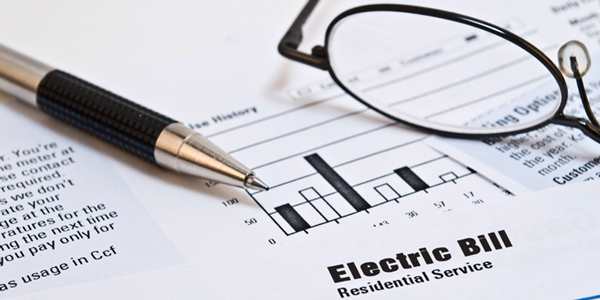By William Opalka
AARP and the Public Utility Law Project want New York regulators to provide more documentation to justify the Clean Energy Standard’s estimated $2/month rate increase for the average consumer.
The groups wrote to the New York Public Service Commission last week, saying the commission’s Aug. 1 CES order did not explain the costs to keep upstate nuclear power plants operating with zero-emission credits. (See New York Adopts Clean Energy Standard, Nuclear Subsidy.)
“AARP and PULP are very concerned that the Clean Energy Standard implementation (particularly the subsidy for power plants) may have costly impacts on New Yorkers already facing among the highest electricity rates in the nation,” the letter states. “The mention of a potential $2/month residential bill impact from the Tier 3 purchase of zero-emission credits in the order was not accompanied by any details or citation to where such an estimate was derived and fails to provide sufficient cost and bill impact information for each customer class, for each utility, or for the entire 12-year commitment to support these power plants.”
The groups cite estimates by PSC staff that the ZEC program could cost up to $8 billion over its 12-year term.
They also cite other utility programs that will be borne by ratepayers, including a $1.5 billion smart meter program in the Consolidated Edison territory, cost recovery for distributed energy demonstrations projects and $5 billion for clean energy and energy efficiency programs run by the New York State Energy Research and Development Authority.
These cases and the CES “simply cannot be viewed separately,” the groups add.
The letter comes days after downstate legislators complained that the ZEC program costs were disproportionately burdensome on New York City-area ratepayers. The PSC pushed back in a reply, saying the economic benefits and reduced emissions benefited ratepayers statewide. (See New York Legislators Question Nuclear Subsidy.)



